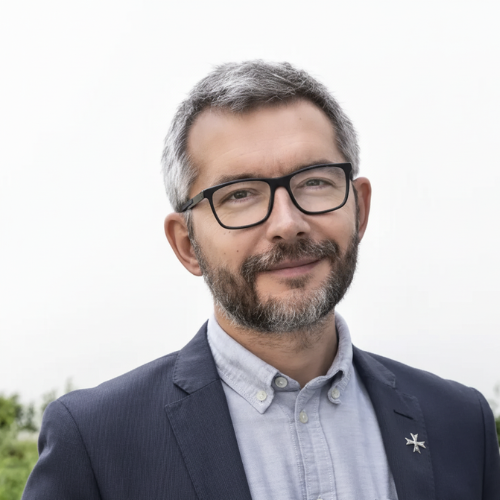
Marcin Pekalski
Marcin Pękalski is an immunologist and host & microbe researcher at Diabetes and Inflammation Laboratory, at Centre for Human Genetics, University of Oxford and at MIM National Research Institute in Warsaw where he leads a Host and Microbe Research Group. Their work focuses on the genetic and environmental factors of autoimmune diseases.Particularly, Marcin's research explores how early-life exposures, the microbiome, diet, and evolutionary pressures shape the development of immune tolerance. Marcin and colleagues, at Diabetes and Inflammation Laboratory directed by John A. Todd and Linda S. Wicker, have demonstrated that insulin mimicry encoded in the microbiome is a primary trigger of Type 1 Diabetes.He is also interested in the ecology of host and microbe interactions, evolution of the adaptive immunity in vertebrates and in applying computational approaches to the study of immune systems. His broader goal is to support the development of early preventive and combinatorial strategies for autoimmune and neuroinflammatory diseases integrating immune-targeted therapies with microbiome- and diet-based interventions.
Sessions
-
Microbial–Immune Crosstalk During Infant Weaning: Long-term Determinants of Health, Autoimmune Risk, and Strategies for Prevention29-Jan-2026Bacteria, Bugs & Big Data Stage
)